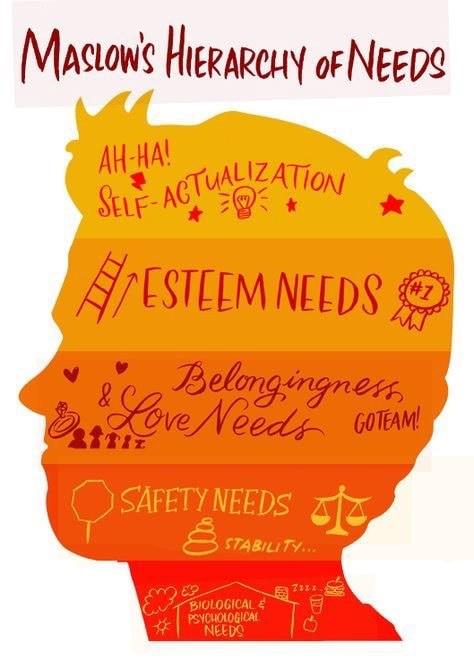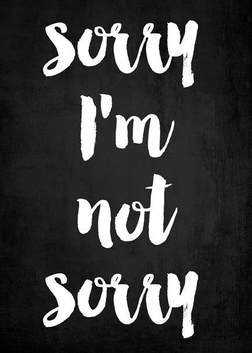Yield: Two drinks
1/3 cup ground coffee (medium-coarse grind is best)
Plant milk (optional)
1. In a jar, stir together coffee and 1 1/2 cups water. Cover and let rest at room temperature overnight or 12 hours.
2. Strain twice through a coffee filter, a fine-mesh sieve or a sieve lined with cheesecloth. In a tall glass filled with ice, mix equal parts coffee concentrate and water, or to taste. If desired, add plant milk.










 RSS Feed
RSS Feed